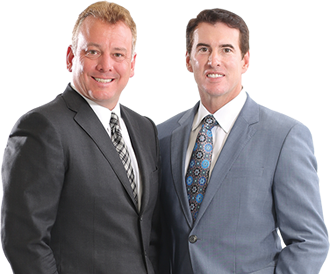Understanding Debt Settlement
Debt settlement is a phrase that means a creditor has agreed to accept less than the amount owed as full payment. It also means that collectors can’t continue to pursue you for money you don’t  have, and you no longer need to fear being sued over your debt.
have, and you no longer need to fear being sued over your debt.
Though it sounds like a great route, it isn’t a good option for most.
One thing to keep in mind, is that during the debt settlement negotiation process, late fees, collection notices, or threats of being sued won’t stop. It doesn’t work for many, and it can end up prolonging financial pain.
Even a successful debt settlement can take years, and using a debt settlement company will involve paying fees. It is best used as a last resort.
How debt settlement works
Debt settlement only comes into the picture when late or skipped payments have accumulated or if debts have gone to collections. A creditor or collector is not going to accept less than you owe if they believe you’re able to pay the full amount you originally agreed to.
A debt settlement company will negotiate with creditors to reduce the amount you owe, primarily focusing on unsecured debt like credit cards. Debt settlement isn’t an option for certain types of debt, like a house that can be foreclosed on or a car that can be repossessed. It also will not affect your federal student loans.
Debt settlement works only if it seems you won’t pay at all, and you’ve ceased making payments on your debts. Instead, open a savings account and put a monthly payment there. When the settlement company thinks the account has enough in it to make a lump-sum offer, they will negotiate on your behalf to try and persuade the creditor to accept a smaller amount.
Debt settlement risks
While some debt settlement companies say they can reduce debt by up to half, the process is not as clear-cut as it seems.
Here are some of the risks associated with debt settlement:
- Your credit will be affected negatively
- Penalties and interest will continue to accrue throughout the settlement process
- Success is not guaranteed
- There will be fees to pay at the end of the settlement
- Debt that is forgiven may be taxable
At the BCN Law Firm in The Villages, our team is well versed in all aspects of the relevant laws surrounding debt settlement. We can help you design a plan that will be as effective as possible for your debt repayment efforts.
Contact the Attorneys at the BCN Law Firm today at (352) 775-4739.








